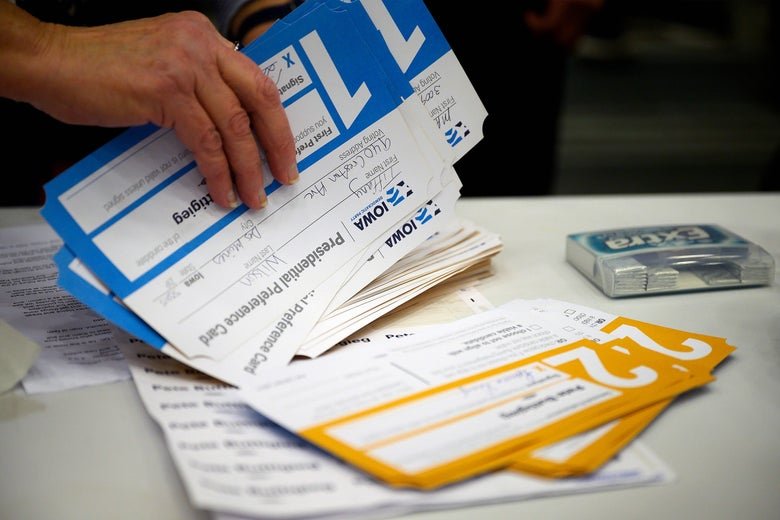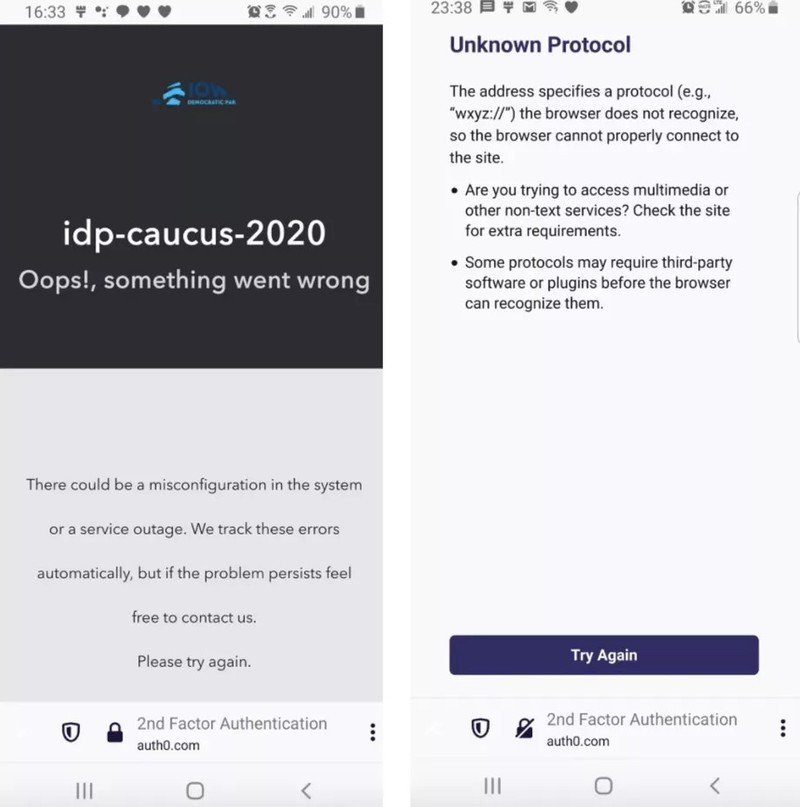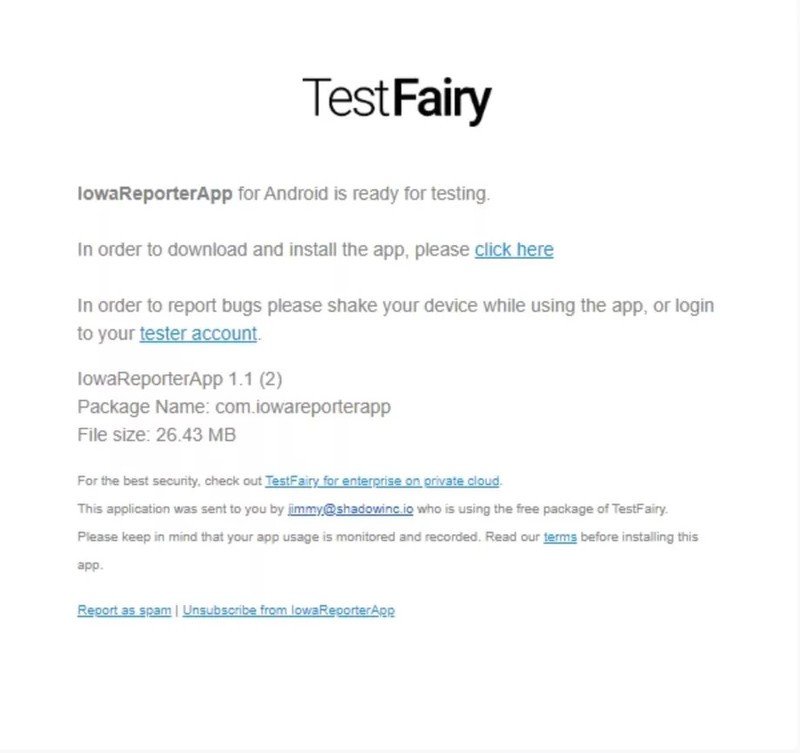The Iowa Caucus proves that sometimes tech goes really bad

A lot of people think technology is the answer to everything. They may be right, but only if the tech itself is ready. At the Iowa Caucus on Monday night, we saw what a disaster looks like when the tech isn't ready.
I'm not going to get into politics and don't care about the caucus vs. primary debate, or which candidate is best or anything of the sort. I'm only here to marvel at the utter failure and try to explore it. After all, it was the real star of the horror show.
What we know

For starters, no votes were changed and every vote will be counted so everyone can stop talking about election interference.
No matter what candidates are saying, nobody won anything in Iowa.
What did happen was an untested app was distributed in a horrible way to untrained officials that was supposed to let them transmit results into a central server so everything could be tallied. Paper ballots are still there and the app wasn't used by the public for voting purposes.
We also know that a big part of the problem was the backend service that was there to support the app. It was never stress-tested and busted. Officials would try to send in their results and only received an error message. Telephone support was either bogged down or non-existent and the whole mess was the work of a company called Shadow, Inc.
Importantly, this issue did not affect the underlying caucus results data. We worked as quickly as possible overnight to resolve this issue, and the IDP has worked diligently to verify results.Importantly, this issue did not affect the underlying caucus results data. We worked as quickly as possible overnight to resolve this issue, and the IDP has worked diligently to verify results.— Shadow, Inc. (@ShadowIncHQ) February 4, 2020February 4, 2020
The election process worked as it should — you filled out a little piece of paper, slipped it into a box, and someone counted everything. After that, everything went south. But this is all just the result; the distribution of the app to people who received no training was equally horrible.
TestFairy

Thanks to some sleuthing by Motherboard and the Washington Post, we know a little bit about how the app was distributed to officials.
Be an expert in 5 minutes
Get the latest news from Android Central, your trusted companion in the world of Android
What a nightmare. https://t.co/xBYyfvmDo6 pic.twitter.com/KlyUuyaRb8What a nightmare. https://t.co/xBYyfvmDo6 pic.twitter.com/KlyUuyaRb8— Kevin Roose (@kevinroose) February 4, 2020February 4, 2020
TestFairy is a platform used to test apps outside of Google Play or the App Store. There are several platforms that work this way, and in itself, this isn't that strange; it gives developers a false sense of privacy and security. Motherboard quickly proved that it really does neither.
You need the training to be any sort of election official. The same goes for using buggy apps.
I'll ignore the ageism from the Post but point out that caucus chairs received zero training about how to install an app through TesyFairy, let alone what to do when the app screwed up. Motherboard couldn't even get the app to boot on one of the Android phones it tried. Grandma or not, you need a little bit of information to handle a bug disguised as an application.
Shadow, Inc. wasn't ready for prime time when it came time to tally the votes, but that's not its biggest mistake. As ZDNet points out, there was no need to reinvent the wheel, as Amazon already has an elections as a service platform it built for Obama, and Salesforce has done this a time or two.
Shadow, Inc. probably didn't need to be hired at all, as it looks like any IT professional with an adequate staff could use the existing tools to successfully do what it wasn't able to pull off.
What did we all learn?
The electoral process in the United States is due for an overhaul, and tech can play a big part in it all. Shadow, Inc. may have failed in Iowa, but the principle that it's 2020 and we are connected enough that slips of paper read aloud over a telephone call is archaic. Heck, even the DMV is partially automated and we all know how slowly anything to do with the DMV moves.
Tech can help, but it needs to move slowly and methodically when used in the electoral process.
But there isn't a need to go too far, too fast. Shadow, Inc. might well be staffed by very competent engineers who rushed out a faulty product, but it didn't need to find a better way when there are already services and methods to do what it was contracted to do.
Maybe the time to experiment with something different is at the local level, where ballots are measured in the thousands rather than the millions, and a tech company can be present to make sure it's awesome new way of doing something we've been doing since the days of ancient Rome actually works.
Until then, make sure you vote so your voice is heard and get ready for another presidential election in the U.S.
Alexa, order me some popcorn.

A small, low-power, smart microwave.
The AmazonBasics Microwave is, well, a microwave. It's compact, has a max power of 700W, and doesn't look half-bad. Alexa integration is fun and sometimes convenient, but not always the most useful. However, with a price of similar, non-smart microwaves, you might as well get this over anything else.

Jerry is an amateur woodworker and struggling shade tree mechanic. There's nothing he can't take apart, but many things he can't reassemble. You'll find him writing and speaking his loud opinion on Android Central and occasionally on Threads.
